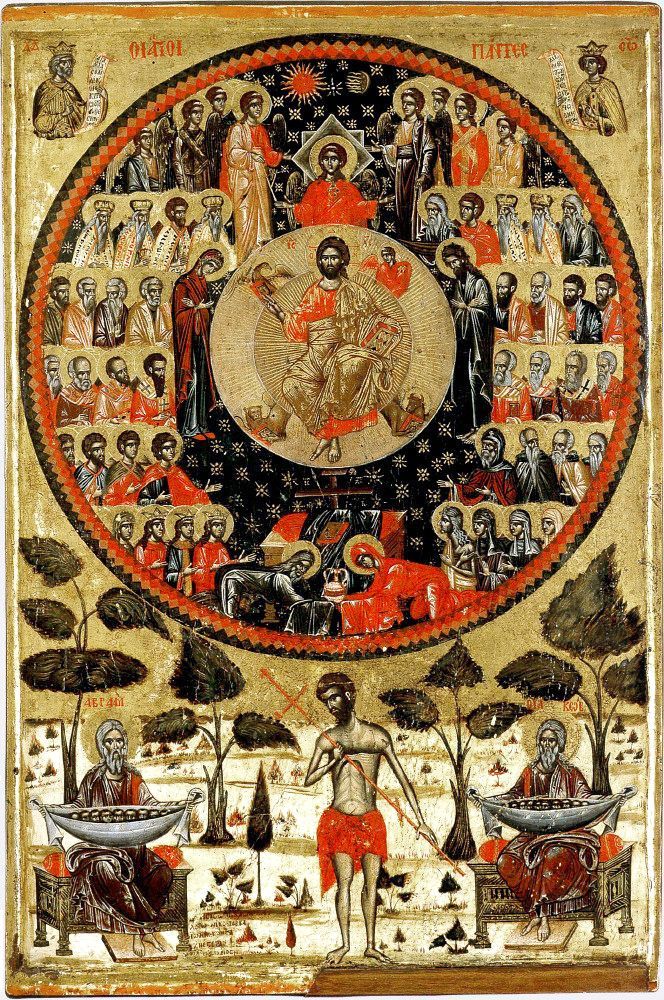Message of Abbot Paul - Friday 23rd June 2023
Abbot Paul • June 22, 2023


Today I’ll be brief as yesterday was yet another day blessed with lengthy meetings and it’s past ten o’clock as I sit down to write. I hope you will forgive me. There comes a time each evening when my brain closes down, I no longer think straight and my fingers refuse to touch the keyboard.
We continue reading the Sermon on the Mount, so much of which we know by heart and has entered as proverbial into the English language. We are in the sixth chapter of Matthew, (Mt 6: 19-23).
“Jesus said to his disciples: ‘Do not store up treasures for yourselves on earth, where moths and woodworms destroy them and thieves can break in and steal. But store up treasures for yourselves in heaven, where neither moth nor woodworms destroy them and thieves cannot break in and steal. For where your treasure is, there will your heart be also.
‘The lamp of the body is the eye. It follows that if your eye is sound, your whole body will be filled with light. But if your eye is diseased, your whole body will be all darkness. If then, the light inside you is darkness, what darkness that will be!’”
Let us consider what Jesus is teaching his disciples: whether or not our hearts are seeking after the things of this world, or after a real, deep and full relationship with God. Jesus is warning us to guard our hearts, and to follow the things of God and not be distracted by things that are only temporary. Think about the question, what do I consider valuable, or what do I value most? As today's Gospel tells us, what you consider valuable shows you where your heart is. Jesus is calling us to change our hearts from the temporary to the eternal. Will we have the courage to do that?









